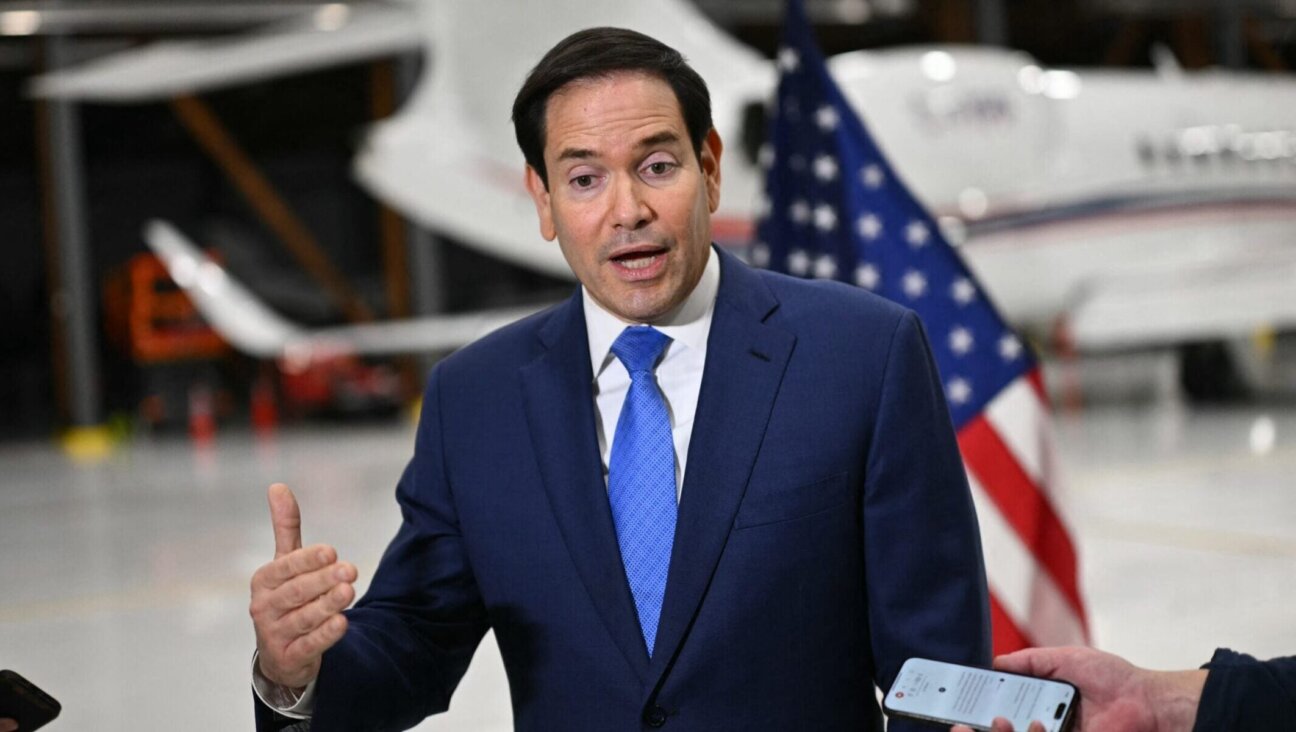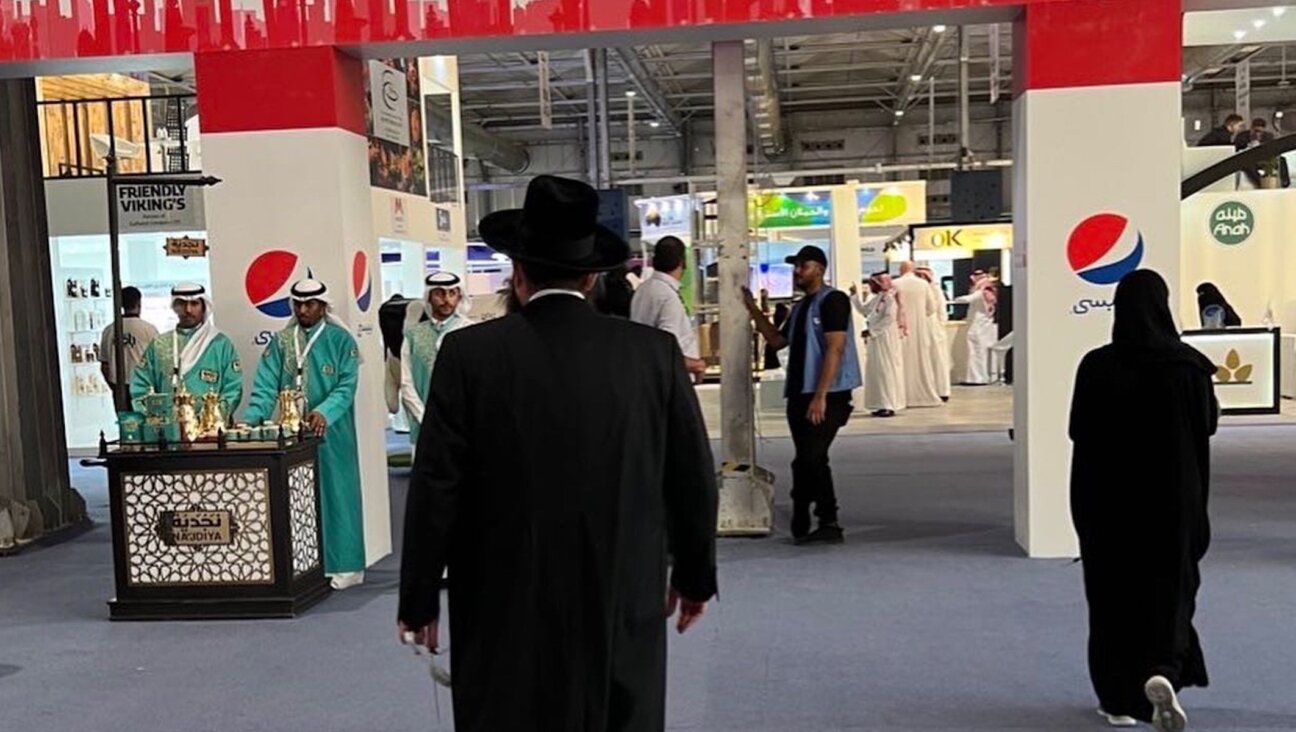Israel and Palestinians Far Apart After First Day of Talks

Image by getty images
Israel and the Palestinians remain far apart over terms of any peace deal, officials from both sides made clear on Wednesday, a day after talks resumed in Washington for the first time in nearly three years.
Israel’s lead negotiator, Tzipi Livni, said the parties “need to build confidence” after what she called an encouraging start in Washington, and disputed a Palestinian demand to focus first on agreeing the frontiers of an independent state.
“The goal is to end the conflict,” Livni said on Israel Radio. “It cannot be ended merely by setting a border.”
Yasser Abed Rabbo, who is close to Palestinian President Mahmoud Abbas, forecast “huge difficulties” for the talks begun after intense diplomacy by U.S. Secretary of State John Kerry.
Abed Rabbo, speaking on Voice of Palestine radio, cited Israeli settlement construction in the occupied West Bank and said any further building there would scupper the negotiations.
He was alluding to Israeli media reports that Prime Minister Benjamin Netanyahu had cajoled far-right allies to back the talks by pledging to permit more settlement expansion.
Kerry has said the negotiators will reconvene in August, aiming to achieve a “final status” deal within nine months.
Previous peace talks collapsed in 2010 over settlement building in the West Bank, which Palestinians see as grabbing land they want for a state that would include the Gaza Strip and East Jerusalem, all territories captured by Israel in 1967.
Israel annexed East Jerusalem in a move never recognised internationally. Palestinians want it for their capital.
Abed Rabbo said borders, which the Palestinians say must be based on pre-1967 war lines, were “the first issue that must be resolved”, countering Israel’s demand that all issues, including refugees and Jerusalem, should be tackled simultaneously.
“Putting all the dishes on the table at once may be an attempt to undermine the process,” Abed Rabbo said.
Israeli Finance Minister Yair Lapid defined the ultimate goal of negotiations as the creation of a Palestinian state in “the majority” of the West Bank, but said Israel would keep three large settlement blocs there, as well as East Jerusalem.
The Palestinians might eventually accept this “because they will have no choice”, the centrist minister said. “What we are looking for is a fair divorce from the Palestinians, so that we can stand on one side of the border and they on the other.”
Decades of peace negotiations sponsored by the United States, Israel’s main ally, have failed to resolve the conflict.














